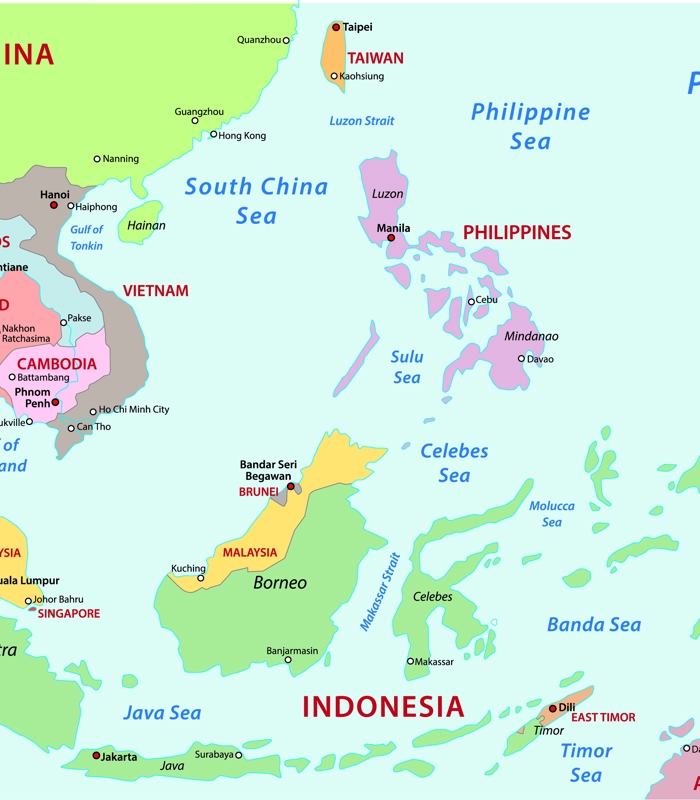HAS University of Applied Sciences takes part in international trade missions on a regular basis, in search of new opportunities across the globe for us as an academic institution. Unfortunately, due to the travel restrictions in place as a result of the coronavirus, this isn’t currently possible. However, Toon Keijsers, Marjo Baeten and Marjet Overmars of HAS International Projects (HIP) recently took part in the next best thing: a virtual trade mission organised by the Netherlands Enterprise Agency.
Toon is a lecturer on the English-taught International Food & Agribusiness (IFA) study programme and is also active for HAS International Projects (HIP). He follows developments in countries in Southeast Asia, the focus regions of this trade mission, on behalf of both IFA and HIP. “The goal of the mission is to stimulate trade and strategic cooperation between the Netherlands and five rapidly growing economies of the Association of Southeast Asian Nations (Indonesia, Malaysia, Singapore, Thailand and Vietnam),” he explains. “The developments in these countries offer numerous opportunities for Dutch entrepreneurs and knowledge institutions active in agrifood & technology, water management & technology, waste management and circular design.”
Panel discussion
Toon was invited by the Dutch Agriculture Council in Vietnam & Thailand to take part in a panel discussion on the subject of 'POST HARVEST: Dutch Innovations for Loss Reduction and Quality Improvement’. “In this panel discussion we looked at the challenges in post-harvest management in the context of current developments (urbanisation, food security, food safety) in these Southeast Asian markets from the perspective of the business community (logistics and processing) and education (Lentiz Education Group and HAS University of Applied Sciences). We also looked at the roles education and business can play in these developments.”
The panel discussion was held and recorded in the Dutch radio and television studios in Hilversum. Top left Toon Keijsers.
Strategic partner network
When asked to explain the role and contribution of green education in the development of new innovations, including technological innovations, Toon replied: “I specifically commented on our experience at HAS University of Applied Sciences in building a strategic partner network with the agrifood industry. The aim is for a new generation of professionals to develop competencies relevant to working on innovations in the agrifood sector by working on relevant projects with these partners. Afterall, this is the sector in which they will be working after they graduate. These projects are carried out by our students from our study programmes, but also within our innovation lectureships that are involved in international projects such as Future Food Systems and New Cultivation Systems.”
International projects
“I also gave examples of international projects that HAS University of Applied Sciences is carrying out in Vietnam and Indonesia. These are projects in which we are helping green educational institutions (universities, universities of applied sciences, upper secondary vocational colleges) give shape and substance to their cooperation in situ with agrifood businesses. These businesses cover various sectors such as horticulture, food processing and poultry farming.”
Recording
Participating in a virtual trade mission and working on a recording of it in a professional studio was a new experience for Toon: “This is a great way for HAS University of Applied Sciences to further strengthen our partner network in a region whose economic importance is increasing. It also had a direct practical result: I invited one of the panel members, who works for a company building factories for the agrifood sector worldwide, to give a guest lecture to our 4th-year IFA students.”


